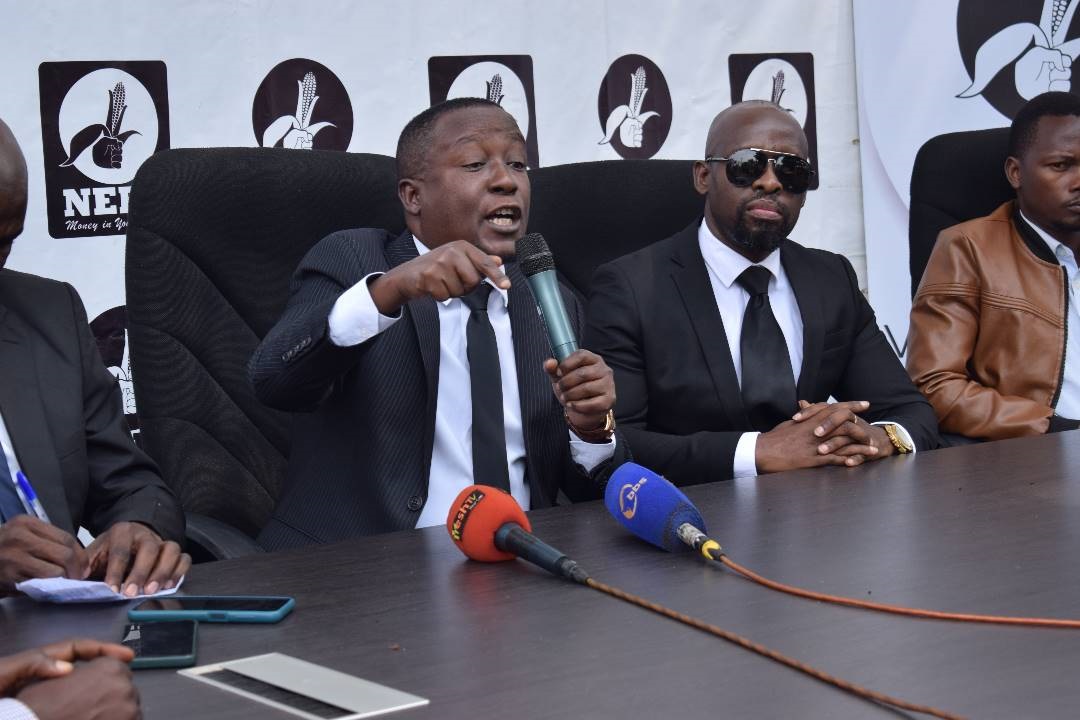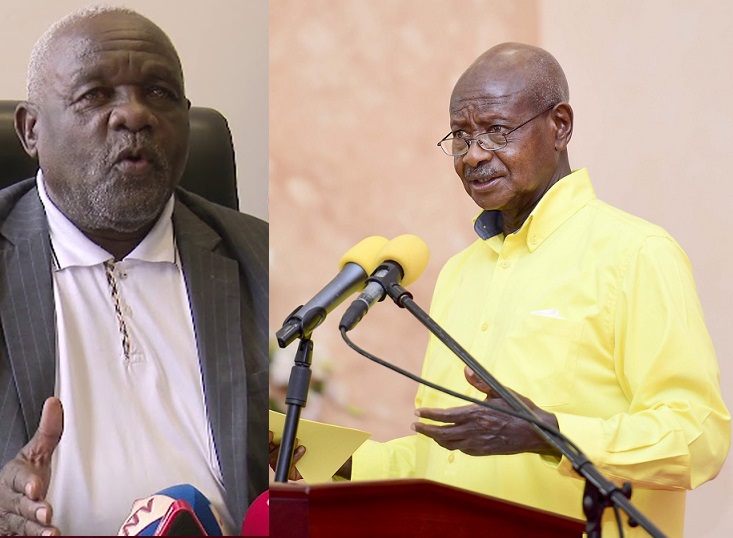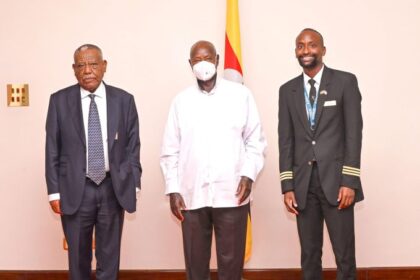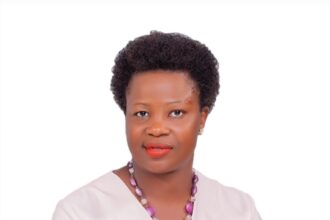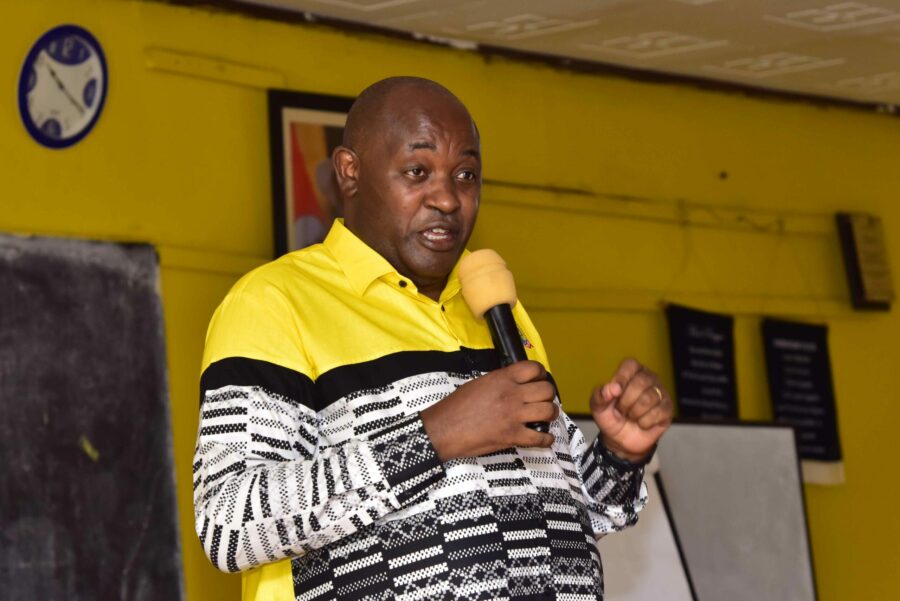Joseph Kizza Kabuleta, the leader of the National Economic Empowerment Dialogue (NEED) has revealed that President Yoweri Museveni’s rule has made opposition politics a profitable endeavour, leading some opposition leaders to put their comfort ahead of opposing his administration.
During a news interview at NBS television Thursday night, the former presidential candidate asserted that rather than fostering genuine political contestation, most noble and admired opposition politicians in Uganda have made being in opposition a job.
“One thing I have realised is that Museveni has done for the year, he has created a lucrative place for opposition. So there are people whose main ambition is to remain the main opposition candidate, so because it’s lucrative and has enough glory and glamour, they are comfortable there. And in their meetings are always planning how to remain the main opposition but not how to take over Museveni,” he said.
He added that he joined politics to lead the country not to be comfortable in the opposition. “I can assure you 100 per cent that I did not enter politics to be in the opposition, And I can assure you that I’m going to be the president of this country and I’m not talking about five, ten or twenty years, it’s much lesser than that. I did not join politics to get into that lucrative glamour, I joined politics to take over power and that’s how it’s how it’s going to be.”
Kabuleta’s views provide insight into the complex realities of Uganda’s political opposition, where the desire for influence and power is entwined with financial incentives. The conversion of dissent into a profitable industry not only obscures the distinction between sincere political activism and self-serving opportunism but also presents a formidable challenge to initiatives that promote democratic accountability and openness.
Furthermore, Kabuleta emphasizes the necessity of a more thorough analysis of power dynamics and incentives within Uganda’s political environment by drawing attention to the comfort that certain opposition leaders find themselves in under Museveni’s governance structure. In the end, his study prompts critical thought about the difficulties opposition movements face as well as the larger fight for democratic government in the nation.
The comments made by Kabuleta also highlight the wider socio-political ramifications of Museveni’s administration and how it has affected Uganda’s democratic development. A vicious circle of entrenched power dynamics is maintained when opposition politics become commodified, undermining the legitimacy of alternative opinions while allowing incumbents to hold onto power through token opposition that keeps democracy on the surface.
The deterioration of political pluralism and the suppression of authentic democratic dialogue in the nation are problems brought up by this situation. In light of the increasing tendency toward authoritarianism, Kabuleta’s analysis serves as a welcome reminder of the importance of monitoring power structures closely and working together to defend democratic principles.
Do you have a story in your community or an opinion to share with us: Email us at Submit an Article



